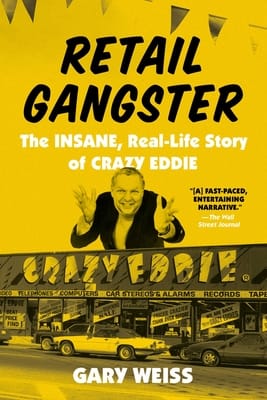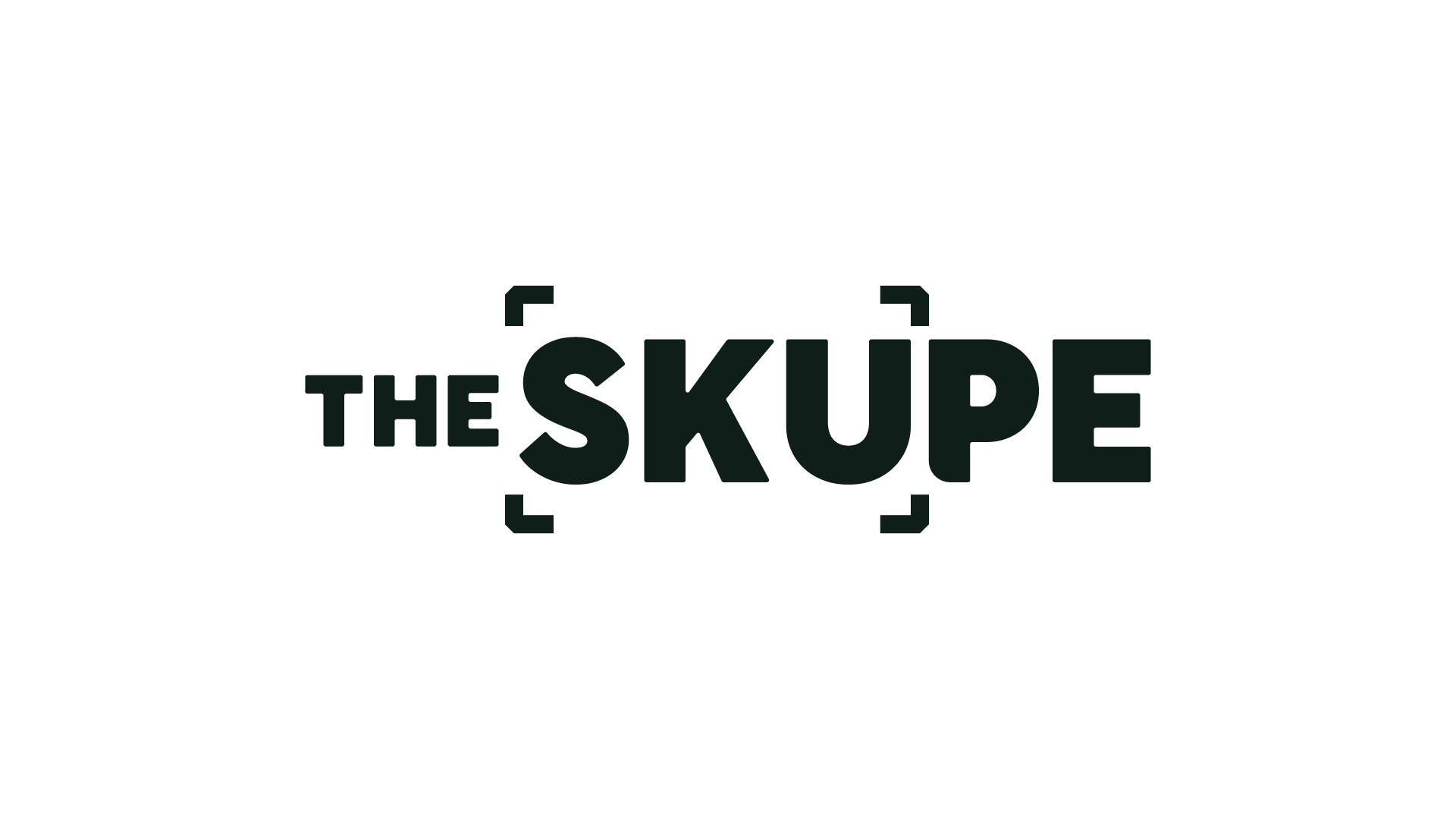Zillenials have spending power, and opinions
Plus: 'Wicked' retail | Trump tariffs for retail

Welcome to The SKUpe, a weekly roundup where we curate the most essential news, insights and thought leadership for retail leaders, along with a dose of fun.
With peak holiday season upon us, along with a new incoming White House administration, November might seem unusually stressful this year. Here’s our curated collection of all you need to know this week.
What’s in store
- Is the retail hiring outlook as grim as they say?
- The film adaptation of “Wicked” takes over retail
- Online mattress brands get physical with stores
- Common problems, cool solutions for retail with AI
- The Trump effect on manufacturers and retailers

Brand or price? Nearly half of Zillennials care more about cost
"Zillennials," the generation born between 1991 and 1999, are transforming the retail landscape by combining Millennial ideals with the digital fluency of Gen Z. According to a recent PYMNTS Intelligence report titled "What Makes Zillennials Shop," this group is leading the shift in shopping habits, characterized by a unique blend of brand loyalty, a keen eye for bargains, and a focus on values-based purchasing decisions.
Here's one of the survey questions:
Q: Between ‘carrying the brands you prefer’ and ‘offering better prices,’ which factor is typically more important for you when choosing the merchant to purchase from?
A: 41% said price, while 21% said brands.
Why this matters: The age group between Millennials and Gen Z has emerged as a powerful force in retail, and because their shopping habits and preferences differ from other cohorts, it’s important to know what makes them tick in order to capture their business. (PYMNTS)
October retail hiring at lowest point since before pandemic
Jobs data for Q4 is grim this year. Despite the highest seasonal hiring projections in retail and transportation since 2021, the actual number of hires in these sectors for October reached its lowest level since before the pandemic, according to a November 7 report by Challenger, Gray & Christmas, Inc.
Using unadjusted figures from the Bureau of Labor Statistics, the report indicated that retailers added just 124,700 jobs in October, the smallest October growth since 2018. In the transportation and warehousing industries, job gains totaled 61,300, the lowest for October since 2019. Looking ahead, retailers are expected to add approximately 520,000 jobs over the course of the year – well below the 564,200 added in Q4 of 2023, and the second-lowest figure since 2009.
Why this matters: Among those job-hunting, there’s been an uptick in those looking for part-time seasonal work, retail in particular. In fact, nearly 75% said they’d prefer part-time vs. full-time seasonal gigs. This may not bode well for hard-to-fill full-time retail positions, but may be a boon for holiday peak hiring. (HR Dive)

Sleep on it: Online mattress brands bet on physical retail
Holiday spending is on hold. How one small business manages
Meta opens L.A. retail pop-up for Ray Ban smart glasses
Witch, please. “Wicked” retail partnerships abound ahead of release
Locked-up products? Mobile unlocking could be a solution

In-store retail media turns data into dollars for retailers
“Just because you can doesn’t mean you should. You really have to balance those opportunities to engage with consumers, but not interrupt and disrupt that natural path to purchase, whether it’s in a digital format or in a physical format.” – Dan Hight, Placer.ai
In this episode of The Garage podcast, hosts Dan Massimino and Evan Hovorka talk to Dan Hight, business development and partnerships executive at market intelligence firm Placer.ai, and Paul Brenner, SVP of Global Retail Media and Partnerships at shopper analytics company Vibenomics, about the impact in-store retail media can have on brands and retailers, as well as how this type of advertising is transforming the shopping experience and driving strategic changes in how retailers engage with consumers in brick-and-mortar stores.
Why this matters: Because of growing privacy regulations, retailers should be mindful about leveraging location analytics and demographic and psychographic profiles. While this data can help you understand consumer behavior and optimize ad relevance, it's a tricky line to toe. Still, a tailored approach to in-store advertising can benefit retailers of all sizes. Listen to the podcast here.

The AI-enabled future of retail
Retail is benefitting from the AI trend, and it's impacting four major areas: shopping and customer experiences, customer support and logistics, store layouts and inventory management, and supply chain optimization.
Among the ain’t-it-cool uses: With the help of computer vision technology, the recognition pattern of AI is being applied to identify in-store customer shopping patterns by seeing which aisles customers tend to linger in and which items or end caps draw the most attention from shoppers.
For online shopping experiences, customers can search for products using images instead of text. In the not-too-distant future, customers will only have to describe what it is that they are interested in, and then websites will come back with a list of relevant suggested items.
Why this matters: AI technologies can help solve common retailer pain points such as inventory planning, inventory management and returns, theft and loss prevention, and online fraud. (Forbes)

What does Trump presidency mean for fashion and retail?
President-elect Donald Trump plans to impose universal tariffs of 10-20% on all U.S. imports, with China-made goods potentially facing a 60% tariff. He also aims to close a loophole that lets products under $800 enter duty-free, affecting companies like Shein. Experts suggest these changes could boost competition for American-made goods but may raise costs for imported raw materials and foreign goods for U.S. consumers.
Trump’s approach reflects a push to reduce reliance on imports, building on incentives from his prior term, such as a 20% tax credit for U.S. investments.
Tariffs could “trigger new inflationary cycles if campaign proposals are fully enacted, making it more expensive for Americans to get dressed every day,” says AAFA president and CEO Steve Lamar. “Tariffs are taxes paid by U.S.-based businesses and American consumers. These tariffs disproportionately harm lower income American consumers and female consumers with higher tariffs on lower priced products and on women’s clothes and shoes.”
Why this matters: An NRF study said tariffs could reduce Americans’ spending power by 46 to 78 billion dollars every year after the implementation. (Fashion United)




What we’re reading: Who remembers the “Crazy Eddie” commercials of the Eighties? The consumer electronics chain was known for the “crazy” character played by radio DJ Jerry Carroll and its “insaaaane” prices. But founder Eddie Antar was also committing massive business fraud. During the ensuing federal grand jury investigation, one U.S. Attorney called Antar the “Darth Vader of Capitalism.” In Retail Gangster: The Insane, Real-Life Story of Crazy Eddie, author Gary Weiss takes us on a wild ride indeed.
What we’re watching: You may have heard the scuttlebutt about Netflix’s latest documentary, Martha. The home and garden queen recently told The New York Times in no uncertain terms that there were several things she “hated” about director R.J. Cutler’s film. But that’s not to say it isn’t full of fascinating and little-known facts about Martha Stewart, and it meticulously charts her rise to lifestyle guru, magazine maven and TV icon with an enduring brand and retail empire.
What's happening: The Vogue Business Future of Shopping Summit on Nov. 13 at New York’s The Bowery Hotel. While good customer service and curation have remained key pillars of retail, consumer behavior, points of inspiration and an always-on commerce loop have changed the landscape dramatically. The afternoon summit explores these trends and more, with leading executives, analysts and influencers in the space.
Thanks for reading this week's edition!
You can reach the newsletter team at theskupe@mynewsletter.co. We enjoy hearing from you.
Interested in advertising? Email us at newslettersales@mvfglobal.com
Was this email forwarded to you? Sign up here to get this newsletter weekly.
The SKUpe is curated and written by Marcy Medina and edited by Bianca Prieto





Comments ()